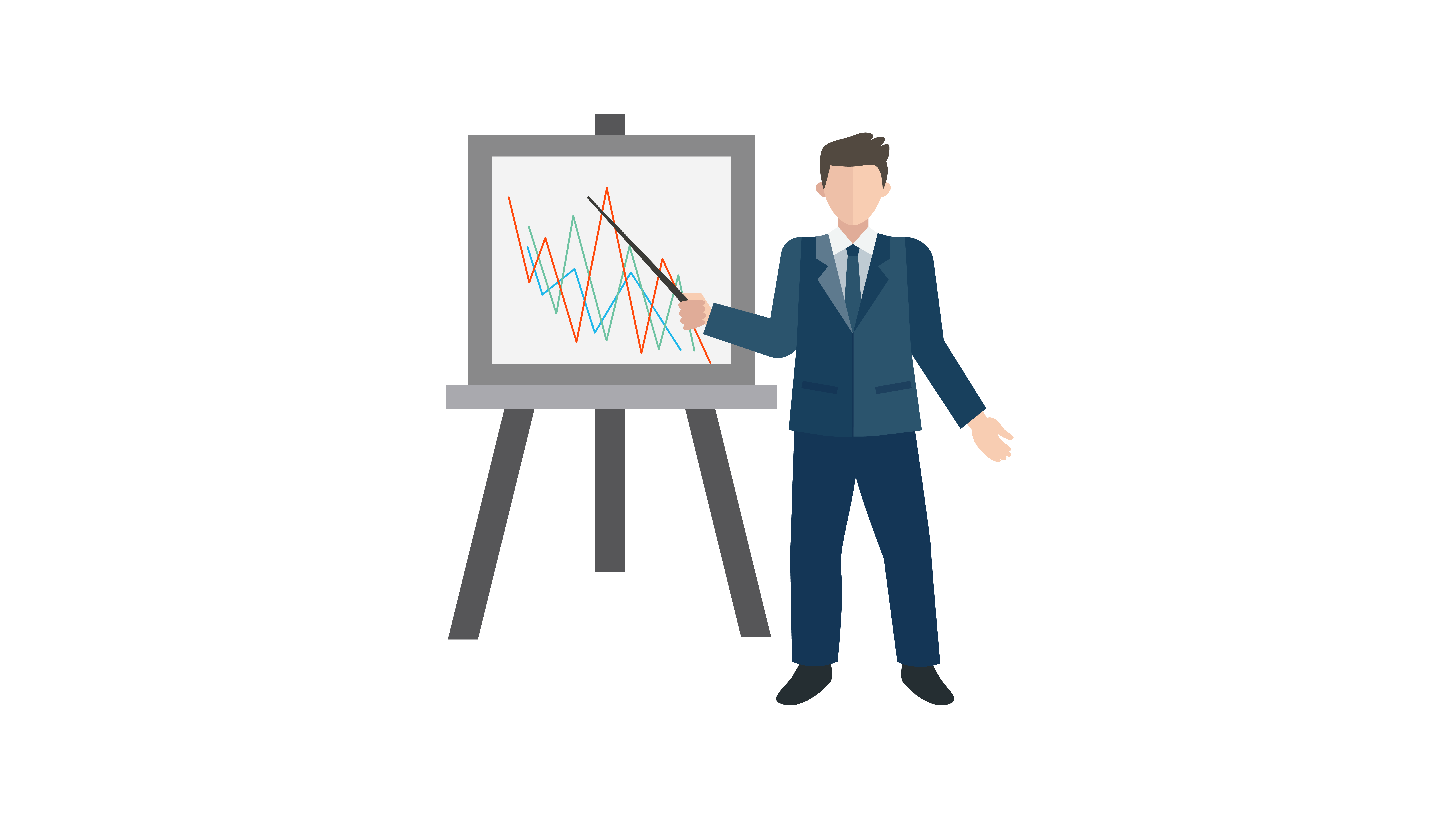All Categories
Featured
Customer data platforms (CDPs) are an essential device for modern companies that wish to collect, store, and manage customer data in one central data center. These applications provide an improved and complete view of customers and can be used to tailor marketing campaigns and personalize customers' experiences. CDPs can also provide a number of options, including data governance as well as data quality along with data formatting, data segmentation and compliance to ensure that information about the customer is collected, stored and used in a compliant and organized manner. A CDP allows companies to engage customers and place them at the heart of their marketing strategies. It also makes it possible to pull data from other APIs. This article will examine the various aspects of CDPs, and how they aid businesses.
cdp meaning
Understanding CDPs: A client data platform (CDP) is a software that allows companies to collect information, manage, and store customer information in one central data center. This gives an exact and complete view of the customer, which can be utilized for targeted marketing and personalized experiences for customers.
-
Data Governance: A CDP's ability to protect and control the data being integrated is among its most important characteristics. This includes division, profiling and cleansing processes on the incoming data. This ensures that the enterprise adheres to data laws and policies.
-
Data Quality: A crucial element of CDPs is to ensure that the data taken is of top quality. This means that data must be entered correctly and adhere to the quality standards desired. This will reduce the need to store, transform, and cleaning.
-
Data formatting The CDP is also available to ensure data follows a defined format. This ensures that data types such as dates match with the information collected from customers and that the information is entered in a rational and consistent manner. cdp meaning
-
Data Segmentation Data Segmentation CDP lets you segment customer data in order better understand your customers. This lets you compare different groups to each other and obtain the most appropriate sample distribution.
-
Compliance The CDP can help organizations manage customer data in a legally compliant manner. It allows the creation of secure policies, the classification of information according to those policies, and even the detection of violations of policies when making marketing-related decisions.
-
Platform Choice: There are various types of CDPs It is therefore important to understand your use case in order to select the most appropriate platform. This is a must when considering features like privacy of data and the capability to pull data from other APIs. what is a customer data platform
-
The Customer at the Center The Customer is the Center of Attention CDP permits the integration of actual-time customer information. This gives you the instant accuracy, precision, and unity that every marketing department needs to increase efficiency and connect with customers.
-
Chat, billing and more Chat, billing and more CDP helps to identify the context that is needed for excellent conversations, no matter if you're looking at billable or prior chats.
-
CMOs and big data Sixty-one percent of CMOs say they're not making use of enough big data, as per the CMO Council. A CDP can assist in overcoming this issue by giving the complete picture of the customer and allowing the more effective use of data to improve marketing and customer engagement.
With so many different kinds of marketing technology out there each one usually with its own three-letter acronym you may wonder where CDPs originate from. Although CDPs are among today's most popular marketing tools, they're not a totally new idea. Rather, they're the most recent action in the advancement of how online marketers manage customer information and customer relationships (Cdp Meaning).

For a lot of marketers, the single most significant worth of a CDP is its ability to sector audiences. With the capabilities of a CDP, marketers can see how a single consumer engages with their business's various brands, and recognize opportunities for increased customization and cross-selling. Obviously, there's much more to a CDP than segmentation.
Beyond audience division, there are 3 big reasons that your business may want a CDP: suppression, customization, and insights. Among the most interesting things online marketers can do with information is determine consumers to not target. This is called suppression, and it's part of providing really individualized client journeys (Consumer Data Platform). When a consumer's combined profile in your CDP includes their marketing and purchase information, you can reduce ads to consumers who've already bought.

With a view of every consumer's marketing interactions connected to ecommerce information, site check outs, and more, everyone throughout marketing, sales, service, and all your other teams has the opportunity to understand more about each consumer and deliver more tailored, pertinent engagement. CDPs can help marketers resolve the root triggers of a lot of their biggest daily marketing problems (Customer Data Platform).
When your data is detached, it's harder to comprehend your consumers and develop significant connections with them. As the variety of data sources utilized by marketers continues to increase, it's more vital than ever to have a CDP as a single source of truth to bring it all together.
An engagement CDP uses client data to power real-time customization and engagement for customers on digital platforms, such as websites and mobile apps. Insights CDPs and engagement CDPs comprise most of the CDP market today. Extremely few CDPs include both of these functions similarly. To choose a CDP, your business's stakeholders must think about whether an insights CDP or an engagement CDP would be best for your requirements, and research study the few CDP options that include both. Customer Data Management Platform.
Redpoint GlobalLatest Posts
How CDPs Can Help Organizations Engage their Customers
The Role of CDPs in Understanding Customer Behaviour
The Importance of Data Quality in Achieving Marketing Goals